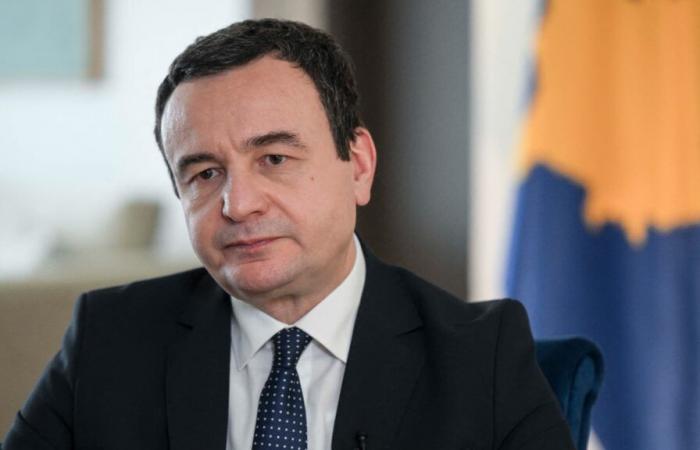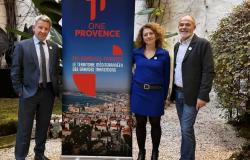Kosovo denounces a “terrorist” attack and points the finger at its Serbian neighbor after the explosion which damaged a vital canal for its energy sector.
An explosion damaged a vital canal for two thermal power plants in Kosovo on Friday, November 29, threatening its energy supply, Kosovar Prime Minister Albin Kurti said, condemning an “attack” that he attributed to Serbia.
“This is a criminal and terrorist attack aimed at destroying our critical infrastructure,” the Prime Minister said during a press conference called late Friday.
“The attack was carried out by professionals. We believe it came from Serbian-led gangs,” he added.
Power plants
The explosion of the canal, which supplies water to two coal-fired power plants for their cooling systems, representing Kosovo's main source of electricity, occurred near the town of Zubin Potok in the north of the country.
If the damage is not repaired, part of Kosovo risks being deprived of electricity as early as Saturday morning, the Prime Minister said.
He did not give details on the extent of the damage suffered by the canal, which connects northern Kosovo, with a Serb majority, to the capital Pristina, also partially supplied with drinking water by this canal.
Images published by local media show a breach on one side of the canal from which water is flowing heavily.
Unrecognized independence
The United States, through its embassy in Pristina, strongly condemned “the attack on critical infrastructure in Kosovo”.
“We are monitoring the situation closely (..) and we have offered our full support to the government of Kosovo to ensure that those responsible for this criminal attack are identified and held to account,” the embassy continues on its networks social.
Tensions between Kosovo and Serbia have persisted since the war between Serbian forces and Kosovars in the late 1990s.
Kosovo declared independence in 2008, a move that Serbia refuses to recognize, encouraging Serbs to reject their loyalty to Pristina.
Serbia has maintained so-called “parallel” public institutions, schools and hospitals, in the Serbian areas of Kosovo. But the recent dismantling of these institutions by the government of Prime Minister Albin Kurti has shaken this system and reignited tensions.
Friday's attack follows a series of violent incidents in northern Kosovo, where Serbs are the majority, including grenades thrown at a municipal building and a police station earlier this week.






